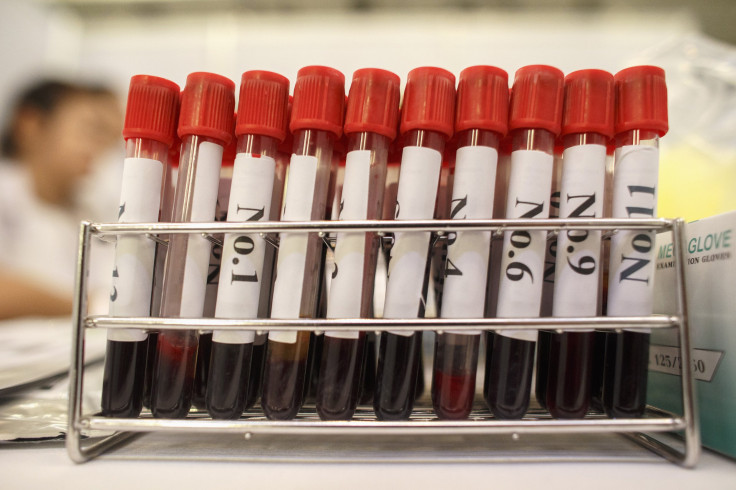Gay Blood Donation Policy: FDA Seeks Public Comments On Donor Deferral Recommendations

The United States Food and Drug Administration Tuesday started official reconsideration of its blood donor deferral recommendations that limits blood donations from gay and bisexual men following its overturning of the ban on all blood donations from men who have sex with men in December last year.
Since the 1980s, FDA had maintained an indefinite deferral for gay and bisexual men from donating blood in order to curb the threat of human immunodeficiency virus (HIV) transmission. However, after pressure from gay rights activists, and scientific proof, it got rid of the 30-year ban in favor of a policy that limits gay men who have been sexually active in the past 12 months.
Now, the FDA has begun seeking comments for a change to that policy following the June mass shooting at a gay nightclub in Orlando, Florida, where a number of gay men were barred from donating blood for those close to them.
Days after the shooting that killed 49, 116 members of congress, led by Democrat Mike Quigley, vice chair of the Congressional LGBT Equality Caucus, wrote to FDA Commissioner Robert Califf urging the agency to replace the existing restrictions with an individual risk assessment that would steer away from the blanket ban to reflect “risk-based behaviors as opposed to sexual orientation.”

The FDA, in a notice posted to the Federal Register — to be officially published Thursday, announced the establishment of a public docket for comment about its current recommendations, inviting the public to submit comments — backed by scientific evidence — in support of alternative policies to reduce the HIV transmission risk.
The suggestions “could include the feasibility of moving from the existing time-based deferrals related to risk behaviors to alternate deferral options, such as the use of individual risk assessments.”
The agency will take these comments into account to “reevaluate and update blood donor deferral policies as new scientific information becomes available,” according to the document.
Quigley welcomed the FDA’s announcement in a statement Tuesday, Reuters reported.
“The tragedy at Pulse nightclub in Orlando highlighted the discrimination gay and bisexual men face when attempting to donate blood to those in need,” Quigley said. “Moving towards an individual risk assessment would provide for a fair, equitable, nondiscriminatory blood donation policy, one based in science that allows all healthy Americans to safely donate blood.”
FDA policies also exclude other categories of people who are at risk of transmitting diseases through blood transfusions— like injecting drug users, those who have recently gotten tattoos and people who have traveled to certain areas.
© Copyright IBTimes 2024. All rights reserved.












